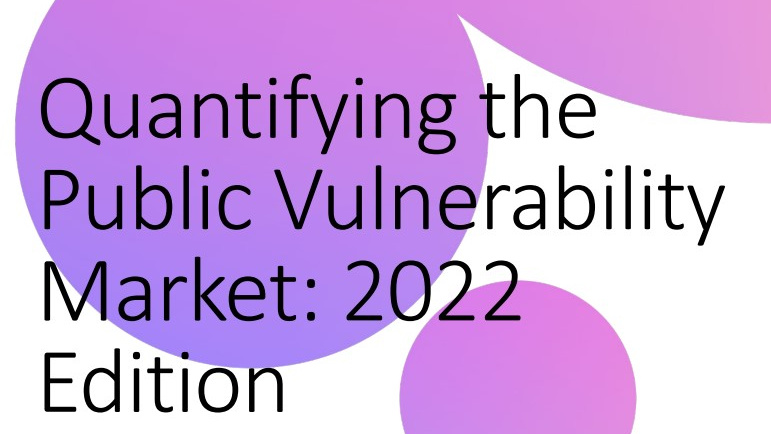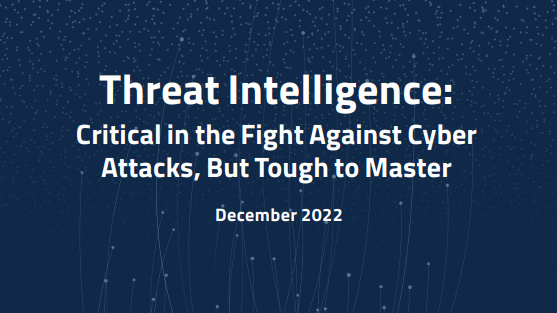Growing 'anti-vaxx' online debate pinned on Russian botnets
Sophisticated bots and trolls are ‘playing both sides’ of the debate to spread public health myths


Russian bots are engaged in a campaign to spread health-related myths on Twitter - by promoting the views of vaccine sceptics and posing as users concerned with public health.
Unlike conventional botnets, which are used to spread malware, "content polluters" - likely originating in Russia - use similar methods to promote conspiracy theories and myths around vaccination, according to a study in the American Journal of Public Health (AJPH).
Researchers examined the frequency of anti-vaxx messages posted by humans and suspected bots between 2014 and 2017, and analysed the content posted on Twitter hashtags associated with Russian troll activity.
The study, titled 'Weaponised Health Communication', found that by confronting vaccine sceptics directly, bots were able to legitimise their position in the public discourse - and artificially inflate the anti-vaccine debate.
"Unlike troll accounts, content polluters (ie, disseminators of malware, unsolicited commercial content, and other disruptive material that typically violates Twitter's terms of service) post anti-vaccine messages 75% more often than does the average non-bot Twitter user," the researchers concluded.
"Thus, it is unclear to what extent their promotion of vaccine-related content is driven by true anti-vaccine sentiment or is used as a tactic designed to drive up click-through rates by propagating motivational content ("clickbait")."
Vaccines have long been considered safe and risk-free according to the overwhelming medical and scientific consensus. But myths and scare campaigns around vaccine usage at different points in time have led to the needless spread of disease and public health issues.
Get the ITPro daily newsletter
Sign up today and you will receive a free copy of our Future Focus 2025 report - the leading guidance on AI, cybersecurity and other IT challenges as per 700+ senior executives
A recent resurgence of Measles across Europe, for instance, with 41,000 cases recorded in the six first months of 2018 - more than double the whole of last year - has been tied with false claims around vaccinations which have hindered parents from immunising their children.
The study found that Russian trolls and Twitter bots post content about vaccinations, both positive and negative, at significantly higher rates than the average user, indicating the aim was not to promote either side of the debate - but t raise the prominence of the debate itself.
Examples of myths propagated include the idea that vaccines can cause fatal side effects, that a secret government database of vaccine-damaged children exists, and that most diseases vaccines target are relatively harmless - making vaccines a needless risk.
"The highest proportion of anti-vaccine content is generated by accounts with unknown or intermediate bot scores," the researchers continued.
"Although we speculate that this set of accounts contains more sophisticated bots, trolls, and cyborgs, their provenance is ultimately unknown.
"Therefore, beyond attempting to prevent bots from spreading messages over social media, public health practitioners should focus on combating the messages themselves while not feeding the trolls."
Botnets are conventionally deployed to spread malware, and are becoming increasingly sophisticated as cyber security specialists attempt to combat them. Duo Security, for instance, earlier this month revealed the existence of a 15,000-strong botnet structured in a three-tiered hierarchy which promoted a fake cryptocurrency giveaway; evolving over time to remain undetected.

Keumars Afifi-Sabet is a writer and editor that specialises in public sector, cyber security, and cloud computing. He first joined ITPro as a staff writer in April 2018 and eventually became its Features Editor. Although a regular contributor to other tech sites in the past, these days you will find Keumars on LiveScience, where he runs its Technology section.
-
 Bigger salaries, more burnout: Is the CISO role in crisis?
Bigger salaries, more burnout: Is the CISO role in crisis?In-depth CISOs are more stressed than ever before – but why is this and what can be done?
By Kate O'Flaherty Published
-
 Cheap cyber crime kits can be bought on the dark web for less than $25
Cheap cyber crime kits can be bought on the dark web for less than $25News Research from NordVPN shows phishing kits are now widely available on the dark web and via messaging apps like Telegram, and are often selling for less than $25.
By Emma Woollacott Published
-
 Seized database helps Europol snare botnet customers in ‘Operation Endgame’ follow-up sting
Seized database helps Europol snare botnet customers in ‘Operation Endgame’ follow-up stingNews Europol has detained several people believed to be involved in a botnet operation as part of a follow-up to a major takedown last year.
By Emma Woollacott Published
-
 Three ways to evolve your security operations
Three ways to evolve your security operationsWhitepaper Why current approaches aren’t working
By ITPro Published
-
 Beat cyber criminals at their own game
Beat cyber criminals at their own gameWhitepaper A guide to winning the vulnerability race and protection your organization
By ITPro Published
-
 Quantifying the public vulnerability market: 2022 edition
Quantifying the public vulnerability market: 2022 editionWhitepaper An analysis of vulnerability disclosures, impact severity, and product analysis
By ITPro Published
-
 Same cyberthreat, different story
Same cyberthreat, different storyWhitepaper How security, risk, and technology asset management teams collaborate to easily manage vulnerabilities
By ITPro Published
-
 Business value of ServiceNow security operations
Business value of ServiceNow security operationsWhitepaper Experience transformational gains from automating workflows and data-sharing among IT, security, and risk teams to rapidly remediate threats
By ITPro Published
-
 Cybercriminals are resilient. How about you?
Cybercriminals are resilient. How about you?Whitepaper Stay ahead of those agile bad actors
By ITPro Published
-
 Threat Intelligence: Critical in the fight against cyber attacks, but tough to master
Threat Intelligence: Critical in the fight against cyber attacks, but tough to masterWhitepaper Discover why many claim Threat Intelligence is extremely important in protecting their company and data
By ITPro Published